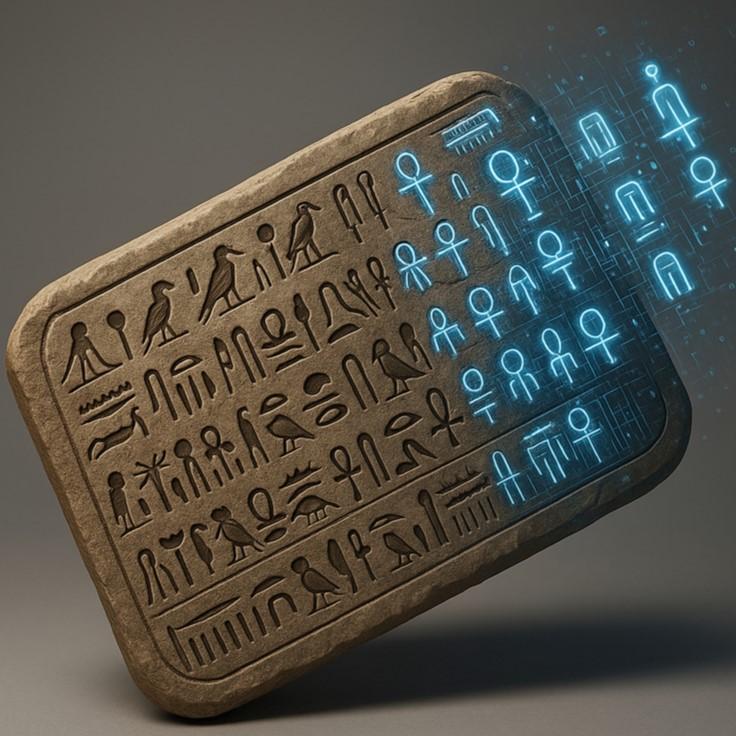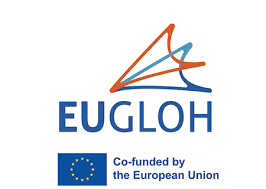Kurs om digitale strategier i antikke studier /Course on digital strategies in ancient studies


NORSK:
Digitale verktøy tas i bruk i stadig større grad for å håndtere, analysere og visualisere skriftlige dokumenter fra antikken. I november arrangerer Universitetet i Alcalá et kurs hvor du kan få et overblikk over hvilke verktøy og metoder som kan tas i bruk på dette feltet.
ENGLISH:
Digital tools are increasingly being utilised to manage, analyse, and visualise written documents from antiquity. In November, the University of Alcalá is organising a course where you can gain an overview of the tools and methods that can be employed in this field.
NORSK:
Dato: 3. november 2025 - 7. november 2025
Type arrangement / Modus: Nettkurs
Vertsuniversitet: Universitetet i Alcalá (UAH)
Målgrupper: Masterstudenter og stipendiater
Varighet: Opptil 1 uke
Dokumentasjon av deltakelse: Karakterutskrift - 2 ECTS
Språk: Engelsk
Rekruttering av deltakere: Kvalitativ vurdering
Antall ledige plasser: 50
Er kvalifisert for internasjonalt sertifikat: Ja
Evalueringskriterier:
40 % akademiske / profesjonelle meritter 30 % motivasjon 30 % språk
Søknadsfrist: 1. oktober 2025
På kurset kan du få et overblikk over digitale strategier som tas i bruk i antikke studier.
Det omfatter databaser, bildebehandling ved bruk av AI, OCR, digital restaurering og NLP.
Kurset skal fokusere på tre felt:
Forskere fra Hamburg Universität - Centre for the Study of Manuscript Cultures vil også undervise i noen av sesjonene.
Krav til søkere:
Utdanning innen humaniora, digitale humaniora eller digitale teknologier.
Innhold og metodikk
Dette kurset benytter en blandet metodisk tilnærming som kombinerer teoretisk analyse, digitale teknologitilnærminger og case-basert læring.
Viktige metodologier inkluderer:

ENGLISH:
Date: 3 Nov 2025 - 7 Nov 2025
Type of event / Mode: Online course
Host university: University of Alcalá (UAH)
Target groups: Master students, PhD students
Duration: Up to 1 week in length
Recognition: Transcript of records - 2 ECTS
Language: English
Recruitment of participants: Qualitative Assessment
Number of open spots: 50
Is eligible to international certificate: Yes
Evaluation criteria: 40% - Academic / Professional Merit 30% - Motivation 30% - Language
Application deadline: 1 October 2025
Showcase of digital strategies applied to ancient studies: databases, image management using AI, OCR, digital restoration, NLP.
We will focus on three fields:
Researchers from Hamburg Universität- Centre for the Study of Manuscript Cultures will also teach some sessions.
Prerequisites:
Education in humanities, digital humanities or digital technologies.
Content and methodology
This course employs a mixed-methods approach, combining theoretical analysis, digital technology approaches, and case-based learning. Key methodologies include:
Lectures and readings: Foundation in digital and material philology, data management, computer vision, natural language processing and applied artificial intelligence.
Digital modeling and analysis: Use of digital tools to manage, analyse and visualise written documents of ancient times. Students engage with algorithms and evidences to understand the mechanics and implementation of digital tools to ancient documents.
Case studies: Real-world examples with ancient documents of different nature, including ancient Egyptian wooden coffins inscribed with monumental and cursive hieroglyphs and Latin inscriptions on different hard media (stone, ceramics, metal) to illustrate how digital techniques apply to actual documents. Cases encourage students to critically assess the strengths and limitations of different techniques and methods in practice.
Simulations and group exercises: Hands-on activities on digital images of real documents and databases of texts from antiquity to help students experience the material and digital philology approaches’ dynamics, fostering practical understanding of theoretical concepts.
Discussion and peer review: Regular discussions and peer feedback sessions enhance critical thinking and allow students to reflect on diverse viewpoints and approaches within material and digital philology contexts.
